Gorse is on the march at Ōkārito Lagoon.
It’s threatening biodiversity; choking native wetland plants, bird habitat and inhibiting whitebait breeding grounds.
But once a year, scores of sleeves are being rolled up to pull the gorse out.
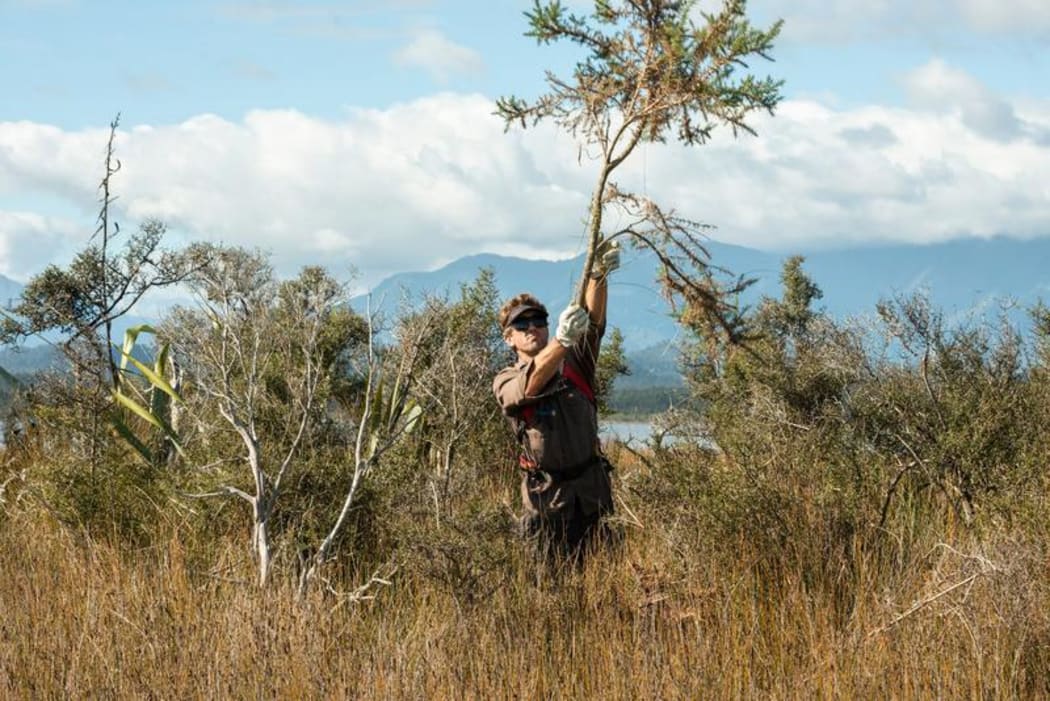
Photo: Petr Hlavacek
Over a hundred volunteers descended on Ōkārito recently, a settlement of some forty people, and plans are in place for gorsebusting to happen again next year.
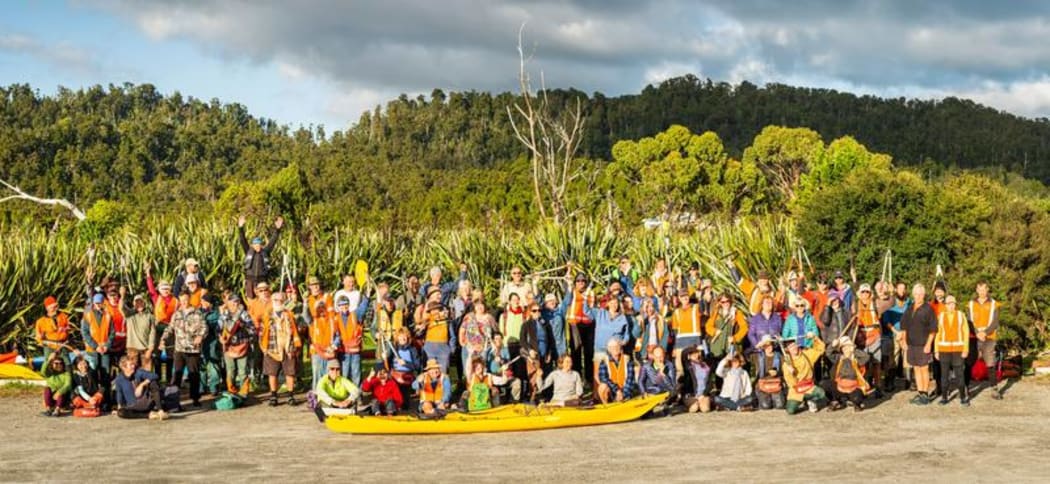
Photo: Petr Hlavacek
Gorsebusters organiser Baz Hughes runs Ōkārito Kayaks with his wife, Gemma, and says the environment around the lagoon is breath-taking.
“It's New Zealand's largest, unmodified coastal wetland, abundant bird life, strongly associated with the kōtuku that nests just north of the lagoon and it's seen year-round feeding, uninterrupted sea to mountain views.
“The view of Aoraki and the central Southern Alps from the lagoon stretching across the horizon is on a fine day, literally just breath-taking.”
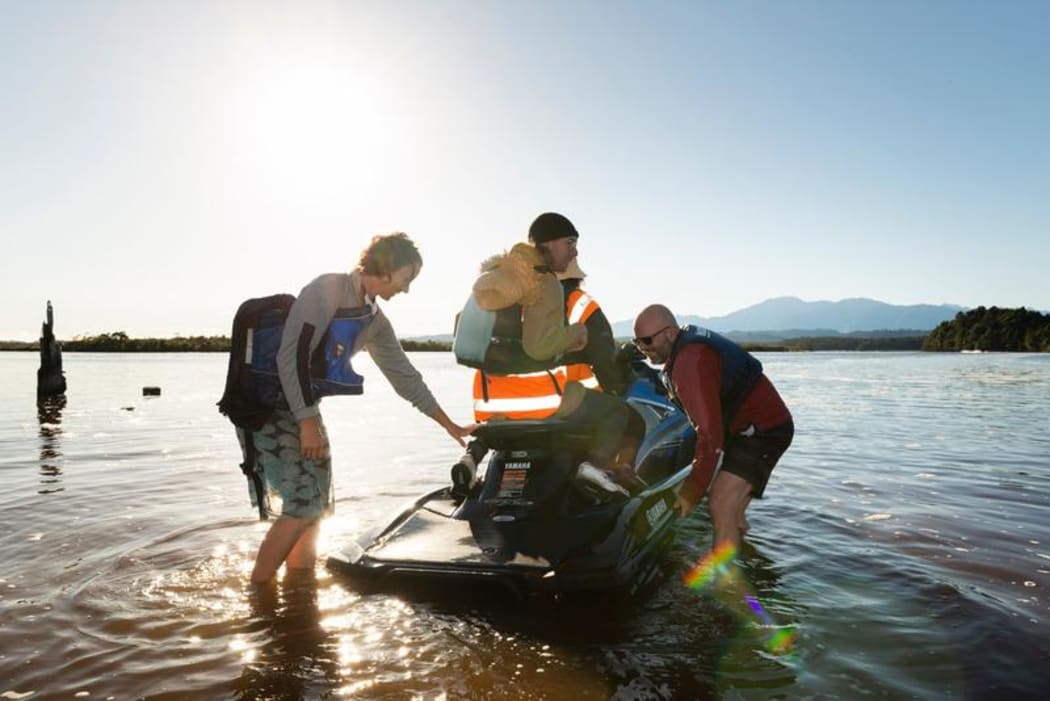
Photo: Petr Hlavacek
The gorsebusting project is in to its second year now, aiming to protect a unique ecosystem.
“Gorse, and other invasive weeds, tend to spread down open corridors, like roads or rivers or coastlines. And Ōkārito, of course, has all three feeding towards the lagoon.”
If allowed to establish, it will outcompete other wetland plants, Hughes says.
“It overtakes the naturally stunted native growth around the edge of the lagoon to become dominant and in effect it’s what you would see first from sea to mountains, that first line of vegetation you would see would be gorse eventually.
“So, it starts to crowd out habitat for things like bittern nests, it starts to crowd out that whitebait habitat, which is pretty important for coasters.”
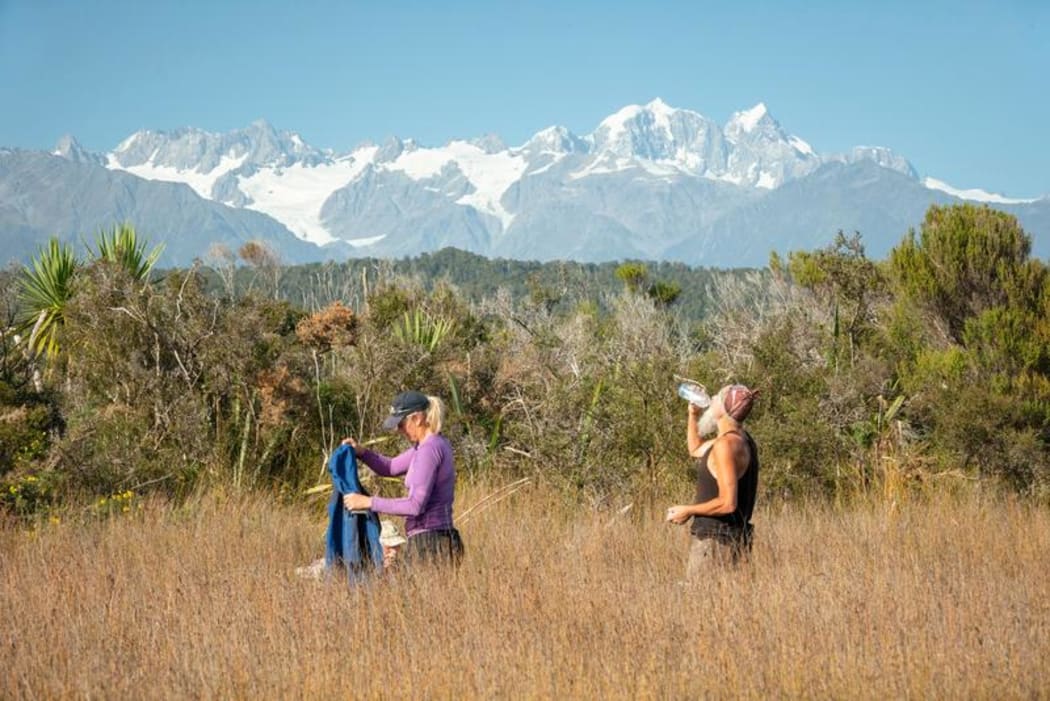
Photo: Petr Hlavacek
Aerial spraying is not an option in such a sensitive location so people power is the only option, he says.
“It was something that local people, not just ourselves, but local people and ourselves had chipped away at in small bits and pieces for years.
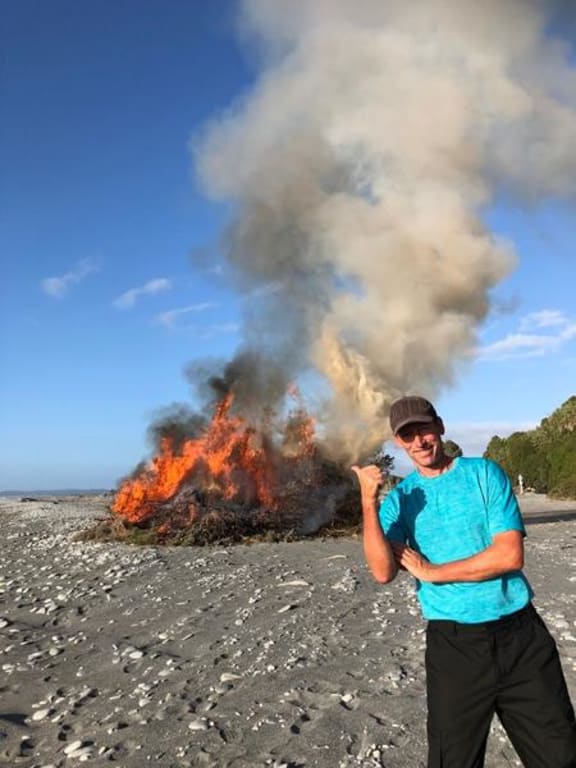
Photo: Petr Hlavacek
“In many ways Covid provided the opportunity, it paused our business to a large extent, we had no bookings for last year and so, we just decided, well let's do something positive, let's set aside a week we'll probably muster about 20 or so mates get some loppers deal to a bit of gorse for the week and be social while we were doing it and actually enjoy what's quite a hard task.”
But word spread, and the response far exceeded expectations, he says.
“March last year, we were turning people away for the first effort at this and we had somewhere around I think 330 days last year in that one week that we had attacking gorse. This year it's got bigger again and on our busiest day this year we had 91 people I think.”
People have come from all over New Zealand, he says, from nearby towns like Franz Josef to Hawke’s Bay in the North Island.
In uncertain times, the project gives people agency, he says.
“This project seems to have struck a nerve with people, it's perhaps going back to that simple Kiwi ethos of a working bee, just doing something positive, perhaps at a time when a lot of us are a couple of years in at the moment where events are outside of our control.
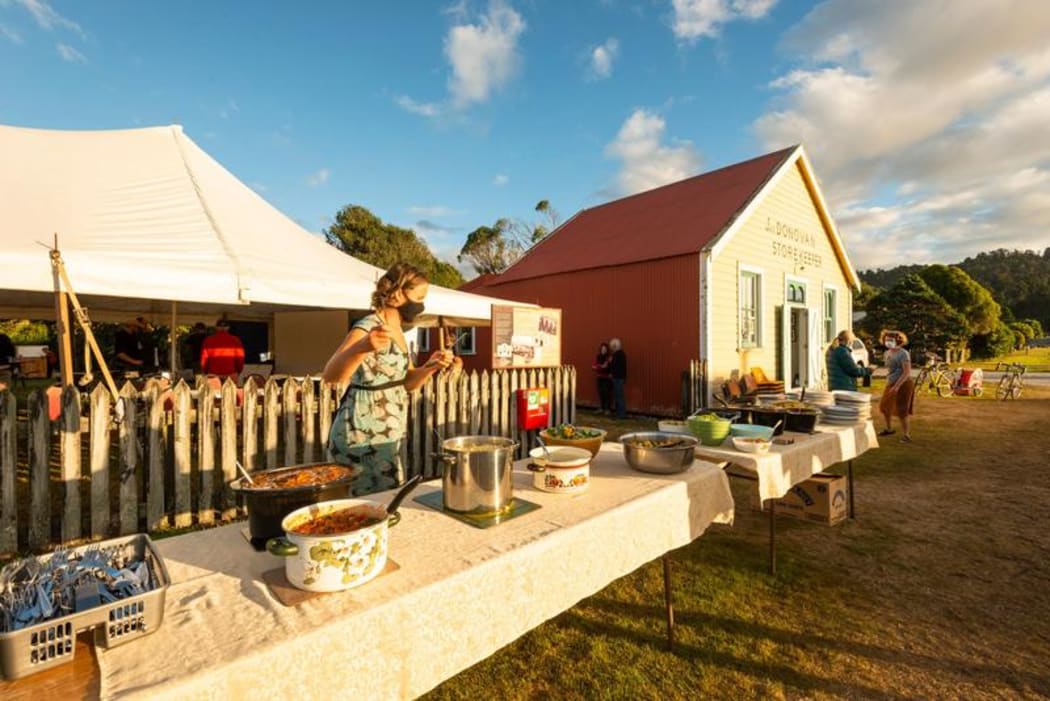
Photo: Petr Hlavacek
“This just seems to be something that is positive, that we have agency over, that we can get stuck in and do something positive and that seems to have struck a nerve with people.”
And the results can already be seen, he says.
“There's about 31kms of the shoreline of the lagoon that has now been treated.
“There are areas of the lagoon that are unrecognisable from what they were before, where they're just back to the pristine native vegetation from the water's edge.
“To keep that, we're going to have to keep chipping away at it. We've created a job for life for ourselves. It's in many ways the most rewarding thing that not just my partner Gemma and I, but actually our community, have done together.”
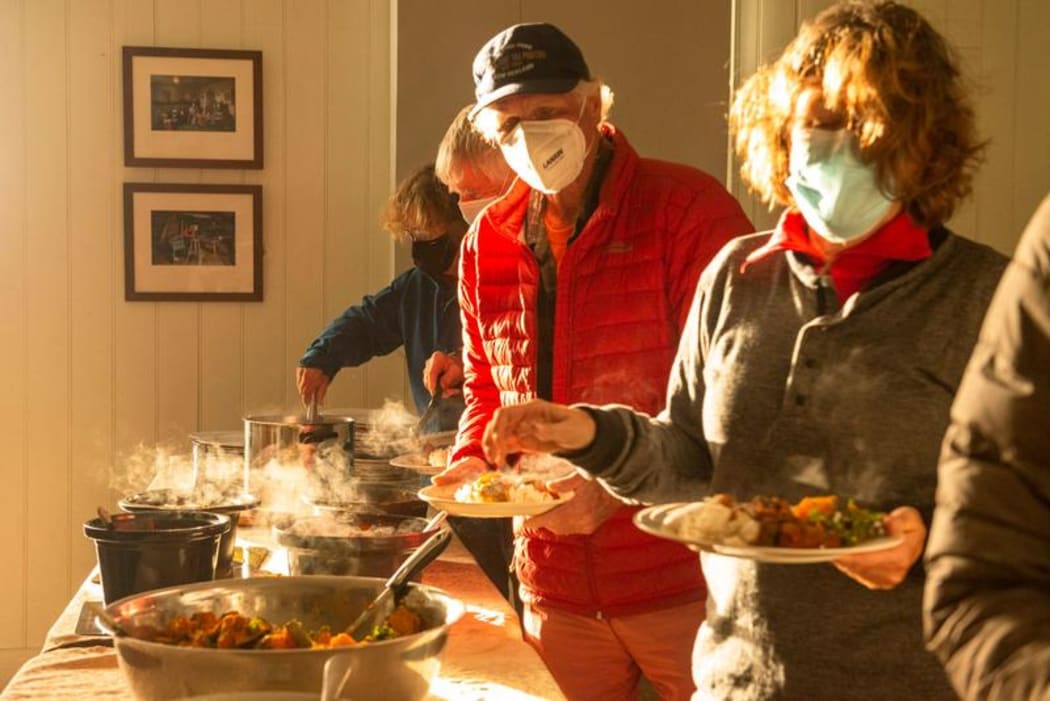
Photo: Petr Hlavacek
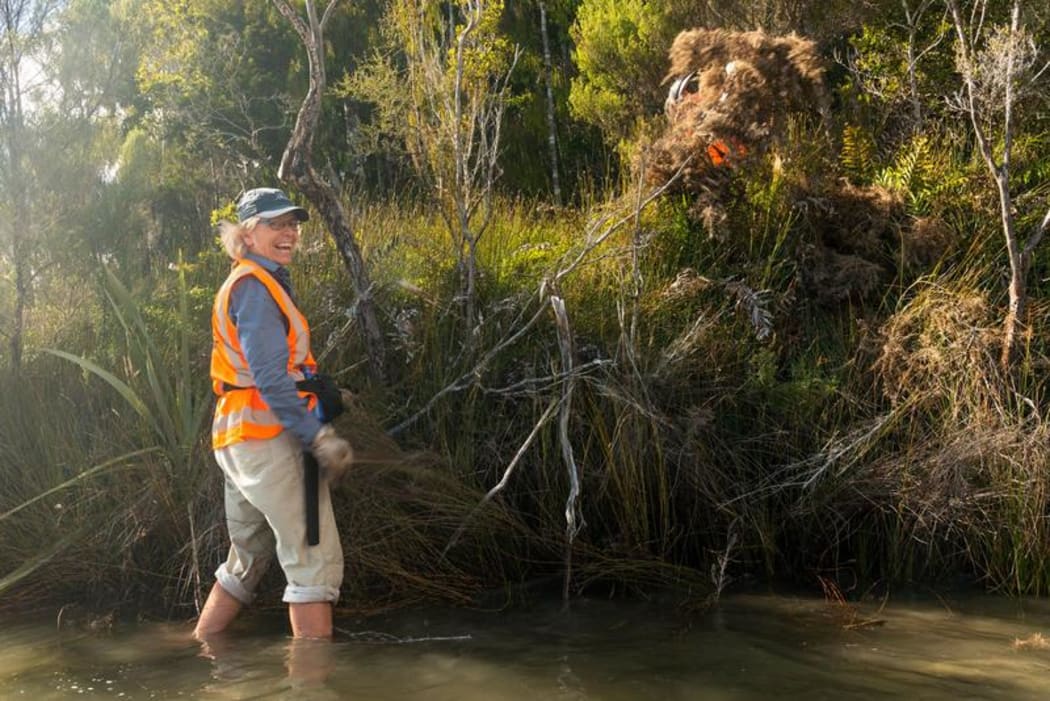
Photo: Petr Hlavacek
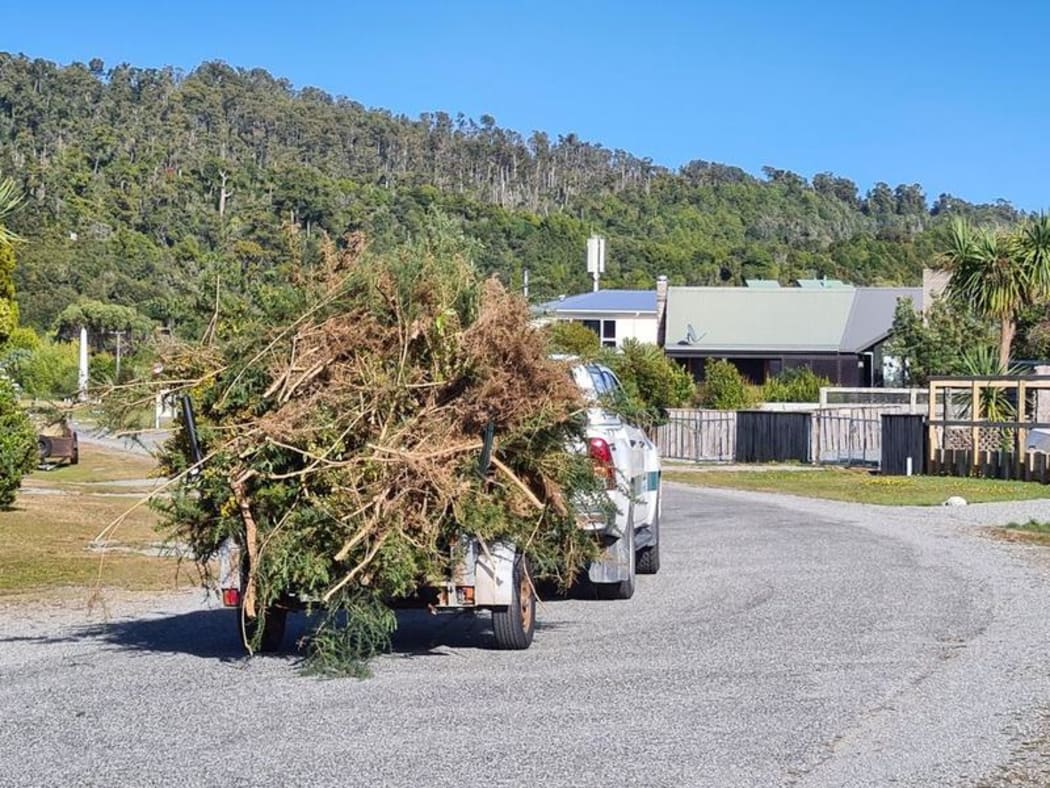
Photo: Petr Hlavacek

